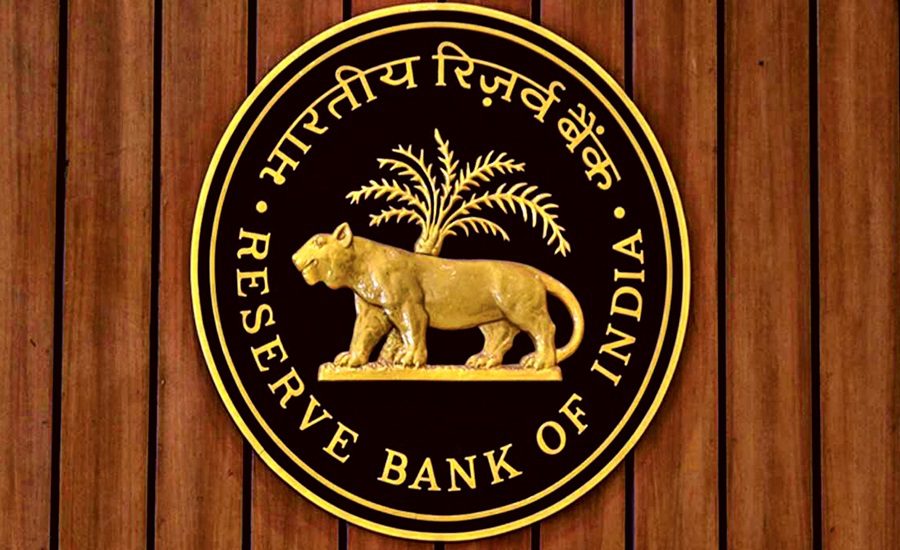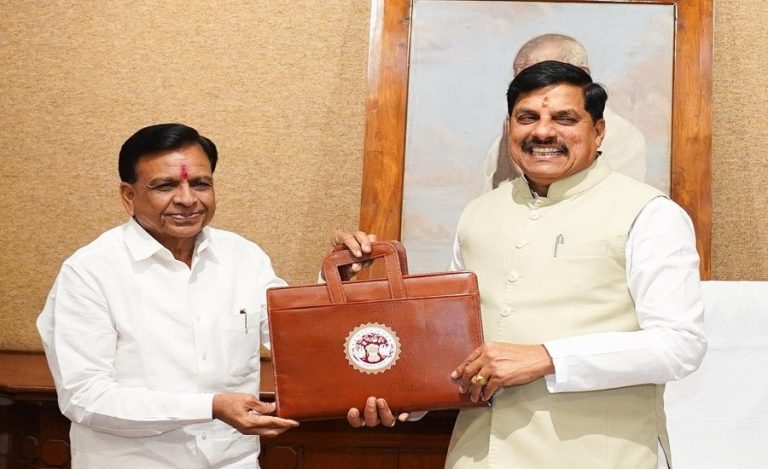New Delhi: A 10% surge in global crude oil prices could push India’s headline inflation up by 0.20 percentage points, according to a new discussion paper authored by Reserve Bank of India (RBI) staffers. The research, released on Wednesday, emphasizes the vulnerability of the Indian economy to oil shocks and calls for urgent policy measures to reduce reliance on imported crude.
The paper, titled “Oil Price and Inflation Nexus in India”, is co-authored by Sujata Kundu, Soumasree Tewari, and Indranil Bhattacharyya, and does not reflect the official stance of the RBI.
Crude Prices and Inflation: The Empirical Link
The authors note that a 10% increase in international crude oil prices leads to a 20 basis points (0.20%) rise in CPI inflation in the short term. This empirical finding reinforces concerns that oil price shocks could disrupt the ongoing disinflation process in India.
“Sudden oil price surges can derail policy normalisation and impact inflation expectations,” the paper cautions.
Indirect Effects: From Wholesale Prices to Core Inflation
While retail fuel prices in India are partly cushioned by government interventions like excise duty adjustments, persistent increases in crude prices still trickle through the economy.
The paper highlights that higher crude costs-
- Increase transport and input costs, thereby impacting core inflation
- Raise wholesale price index (WPI)
- Influence inflation expectations among consumers and businesses
“Unless retail fuel prices change, there is no direct impact on CPI. However, persistent increases can indirectly influence both food and core inflation,” the authors explain.
Macroeconomic Fragility in Global Context
Citing current global economic uncertainties, the paper warns of compounded risks from trade fragmentation, supply chain disruptions, and tariff conflicts that may amplify oil price volatility.
“The resultant oil price volatility can be debilitating for the Indian economy at this stage,” the paper notes.
Government Intervention and Supply Trends Offer Relief – For Now
Encouragingly, the paper observes that international crude prices are currently softening due to rising supply and slowing global demand. Active government interventions have also helped contain the pass-through effect to domestic prices.
Still, it warns that continued vigilance is essential.
Path Forward: Reducing Crude Dependency
To insulate the economy from future oil shocks, the authors recommend several policy initiatives-
- Promoting non-fossil energy sources to reduce import dependency
- Entering into regional free trade agreements (FTAs) and bilateral treaties with major oil-exporting nations
- Monitoring global oil price trends and adjusting policies dynamically




























